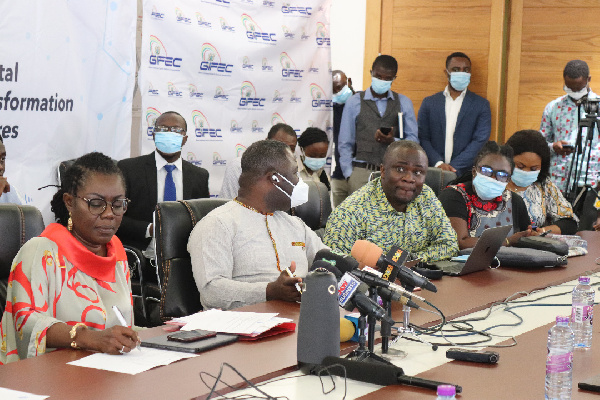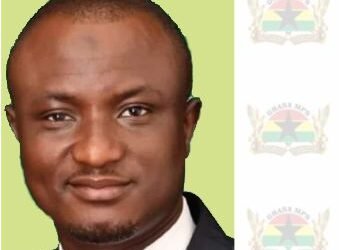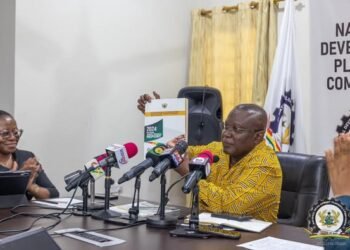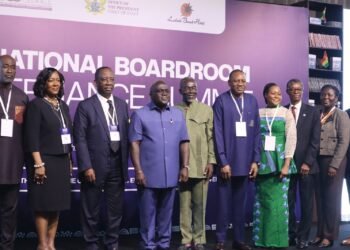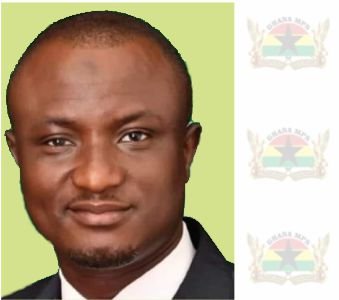The Minister of Communications, Mrs. Ursula Owusu-Ekuful, on Thursday, November 11, 2020, during the signing of an agreement between ITU, the Norwegian Government, and the Government of Ghana, disclosed that a US$3million facility has been secured from the International Telecommunication Union (ITU) to support the Digital Transformation Centres (DTC) Initiative in the country.
The new partnership is expected to scale up and strengthen digital skills training for underserved communities in Ghana, in collaboration with Cisco and the Ghana Investment Fund for Electronic Communications (GIFEC).
Speaking at the virtual event, Mrs. Ursula Owusu revealed the initiative would provide 14,000 Ghanaian citizens with job-ready digital skills, particularly women entrepreneurs, pupils, teachers and marginalized groups, through 200 centres across the country.
She touted the initiatives of the Akufo-Addo government that have facilitated ICT infrastructure development, provided equipment, and capacity building programmes over the past 3 years which have made a positive impact on the lives of individuals and institutions across Ghana.
“Since 2017, The Ministry of Communications, through the Ghana Investment Fund for Electronic Communications (GIFEC), has provided telecommunications connectivity to over 2,000 communities as part of the flagship Rural Telephony Project, enhancing the socio-economic lives of over 1,200,000 citizens in rural Ghana. We are in the process of expanding access to an additional 2016 communities to connect some 3 million people thereby providing 95% of our population with voice and data connectivity within the next 18 months”
According to Mrs. Ursula Owusu, the new partnership will help Digital Transformation Centres, in particular, Ghana to accelerate building an inclusive digital society, to ensure that lack of knowledge and skills is not a barrier to participation in the digital economy, and to contribute to the achievement of the 2030 Sustainable Development Agenda.
“Despite these efforts to facilitate the expansion of ICT to rural areas, there is still a wide digital skill gap between citizens in the urban and rural areas. We are therefore delighted that the International Telecommunications Union (ITU) has included Ghana in the Digital Transformation Centres (DTC) programme, which will facilitate the development of digital skills for citizens mainly at the basic and intermediate level. The initiative is part of a broader goal of building an inclusive digital society where lack of digital skills will not be a barrier to participation in the digital economy,” she added.
In spite of Ghana’s steady development in ICT over the year, Mrs Owusu-Ekuful said that it is evident that the ICT industry is male dominant and that the government recognized the need to bridge the gender gap, especially in underserved communities. She said the government, therefore, has instituted the ICT Skills for Entrepreneurial and Women Empowerment project, in collaboration with UNESCO, to provide ICT for women and girls in the informal sector. Mrs Owusu-Ekuful pointed out that so far 4000 women have been trained in Aumura, Goaso, Berekum, and Asankrangwa. In addition to this, over 3,500 girls have been trained in coding and basic ICT as part of the Girls in ICT initiative, an ITU programme, which seeks to arouse the interest of girls in the subject of ICT.


